
At the Stokes Croft China shop on Jamaica Street, PRSC curate a book section of inspiring and game-changing books.
Below are some new additions we think are essential on our politics and economics reading lists.
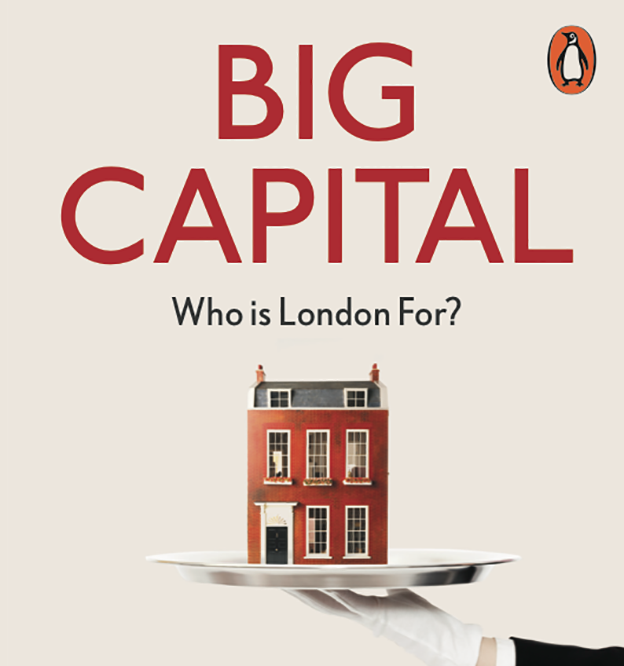
Big Capital
Anna Minton
Despite the desperate shortage of housing, tens, perhaps hundreds of thousands of affordable homes are being pulled down, replaced by luxury apartments aimed at foreign investors.
In politically uncertain times, the housing crisis has become a key driver creating and fuelling the inequalities of a divided nation. Anna Minton cuts through the complexities, jargon and spin to give a clear-sighted account of how we got into this mess and how we can get out of it.
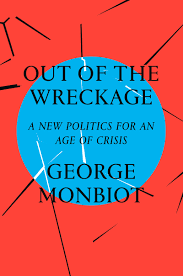
Out of the Wreckage: A New Politics for an Age of Crisis
George Monbiot
A toxic ideology of extreme competition and individualism has come to dominate our world. It misrepresents human nature, destroying hope and common purpose. Only a positive vision can replace it, a new story that re-engages people in politics and lights a path to a better future.
George Monbiot shows how new findings in psychology, neuroscience and evolutionary biology cast human nature in a radically different light: as the supreme altruists and cooperators. He shows how we can build on these findings to create a new politics: a “politics of belonging.” Both democracy and economic life can be radically reorganized from the bottom up, enabling us to take back control and overthrow the forces that have thwarted our ambitions for a better society.
Urgent and passionate, Out of the Wreckage provides the hope and clarity required to change the world.
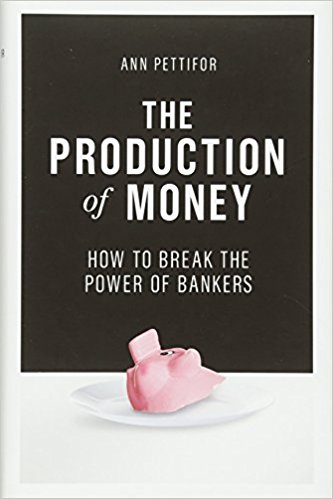
The Production of Money: How to Break the Power of the Banks
Ann Pettifor
Money makes the world go round: but what is it really? And how is it produced? Above all, who controls its production, and in whose interests? Money is never a neutral medium of exchange. Nor are bankers simply go-betweens for savers and borrowers. In this accessible, brilliantly argued book, leading political economist Ann Pettifor explains in straightforward terms history’s most misunderstood invention: the money system.
Pettifor argues that democracies can reclaim control over money production and subordinate the out-of-control finance sector to the interests of society, and also the ecosystem. She also examines and assesses popular alternative debates on, and innovations in, money: positive money, helicopter money and the rise of goldbugs. She sets out the possibility of linking the money in our pockets (or on our smartphones) to the change we want to see in the world around us.

Rethinking the Economics of Land and Housing
Josh Ryan-Collins,
Why are house prices in many advanced economies rising faster than incomes? Why isn’t land and location taught or seen as important in modern economics? What is the relationship between the financial system and land?
In this accessible but provocative guide to the economics of land and housing, the authors reveal how many of the key challenges facing modern economies – including housing crises, financial instability and growing inequalities – are intimately tied to the land economy. Looking at the ways in which discussions of land have been routinely excluded from both housing policy and economic theory, the authors show that in order to tackle these increasingly pressing issues a major rethink by both politicians and economists is required.
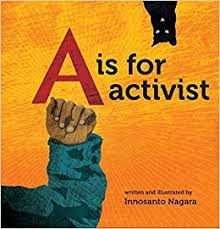
A is for Activist
Innosanto Nagara
A is for Activist is an ABC board book written and illustrated for the next generation of progressives: families who want their kids to grow up in a space that is unapologetic about activism, environmental justice, civil rights, LGBTQ rights and everything else that activists believe in and fight for. The alliteration, rhyming and vibrant illustrations make the book exciting for children, while the issues depicted resonate with their parents’ values of community, equality and justice. This engaging little book carries huge messages as it inspires hope for the future.
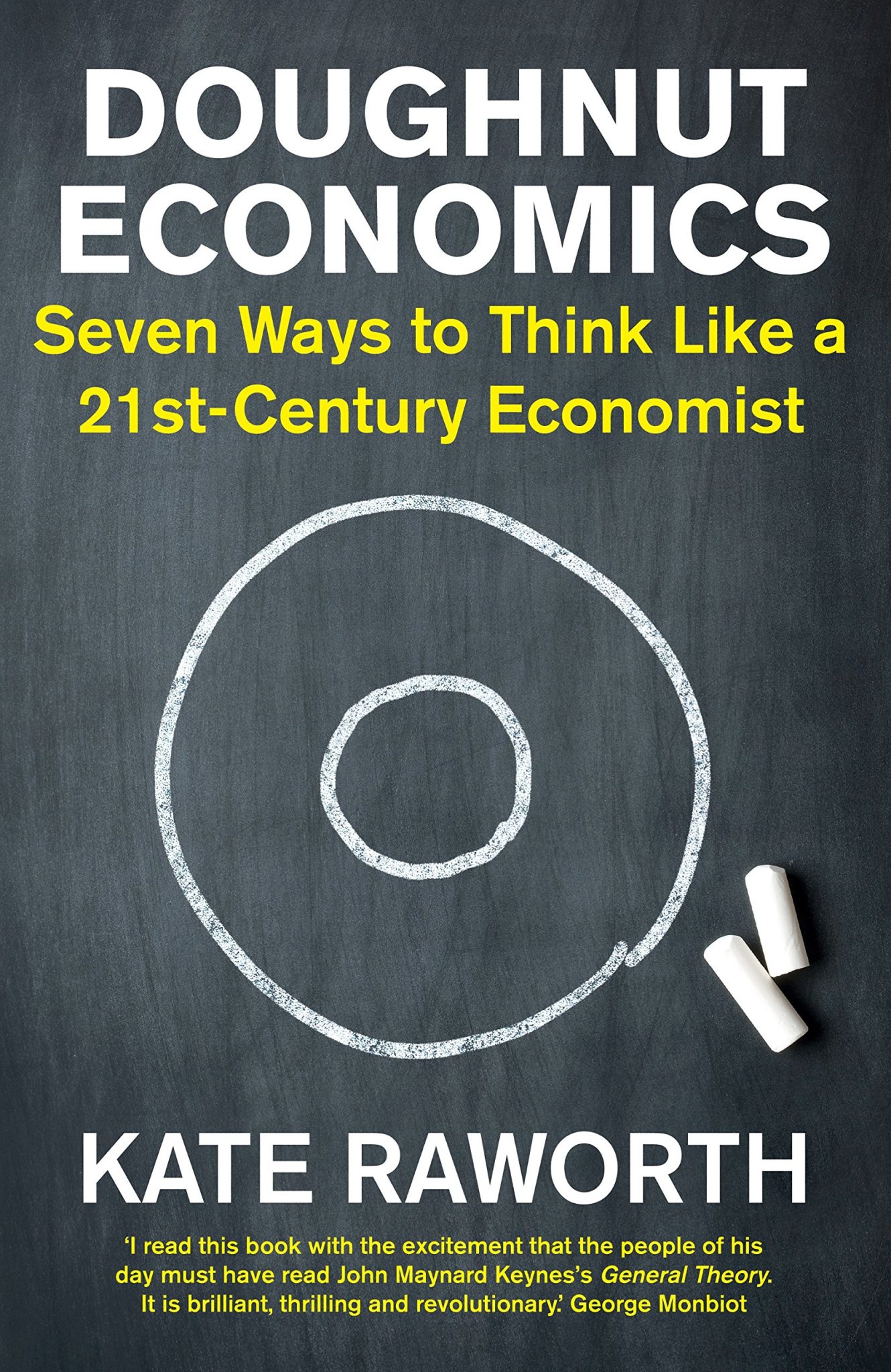
Doughnut Economics: Seven Ways to Think Like a 21st-Century Economist
Kate Raworth
Economics is broken. It has failed to predict, let alone prevent, financial crises that have shaken the foundations of our societies. Its outdated theories have permitted a world in which extreme poverty persists while the wealth of the super-rich grows year on year. And its blind spots have led to policies that are degrading the living world on a scale that threatens all of our futures.
Can it be fixed? In Doughnut Economics, Oxford academic Kate Raworth identifies seven critical ways in which mainstream economics has led us astray, and sets out a roadmap for bringing humanity into a sweet spot that meets the needs of all within the means of the planet. En route, she deconstructs the character of ‘rational economic man’ and explains what really makes us tick. She reveals how an obsession with equilibrium has left economists helpless when facing the boom and bust of the real-world economy. She highlights the dangers of ignoring the role of energy and nature’s resources – and the far-reaching implications for economic growth when we take them into account. And in the process, she creates a new, cutting-edge economic model that is fit for the 21st century – one in which a doughnut-shaped compass points the way to human progress.
